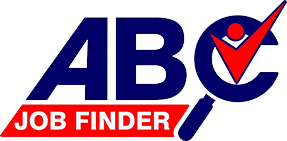Tax system in Canada
An efficient tax system is vital for a fair society. By collecting taxes and returning those in certain orders (education, health care, public services …) governments could establish balanced communities in which the economy improves constantly in terms of competitiveness. Today, all economic projects and programs of modern nations are based on functional tax collecting. It contributes to social justice and makes ruling systems responsible to citizens.
More than 30% of government revenues, in Canada, come from personal income taxes. Canada Revenue Agency (CRA) collects federal taxes and there are also provincial/territorial taxes for different areas. These taxes are then spent on parks, playgrounds, libraries, roads and bridges, police force, fire services, garbage collection, and so on.
With tax dollars, governments also organize and run social programs like Canada child benefit and Old Age Security.
Goods and Services Tax (GST)
when you buy something, from a beer in a bar to a new TV or a new house, you should pay the tax which is added to the cost of your purchase. The federal government runs a 5% tax for GST, and provinces have their own distinctive tax which defers between 6% and 9.975%. In some provinces, both taxes emerge to one, called Harmonized Sales Tax (HST). Basic groceries and health services are exempted from GST.
Income taxes
As a permanent resident, you should return a Canadian income tax form once a year. Every member of a household who has income, even a part-time job, must file their forms and pay taxes at both federal and territorial levels. These forms include employment income, commission income, investment income, and retirement income. In Canada, the more money you make, the more taxes you pay. In 2019, for income below $46,605 a year, you had to pay 15% tax to the federal government. For an income between $46,605 and $93,208, you had to pay 15% tax for the first $46,605 and another 20% tax for the rest of your income.

